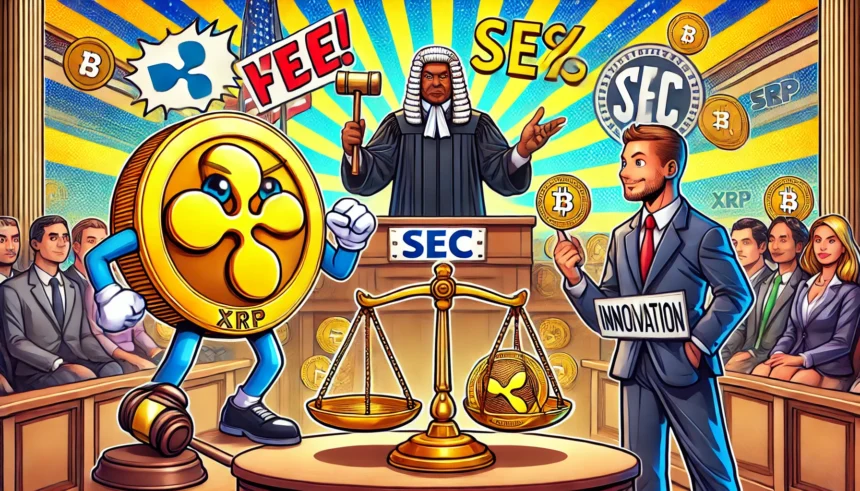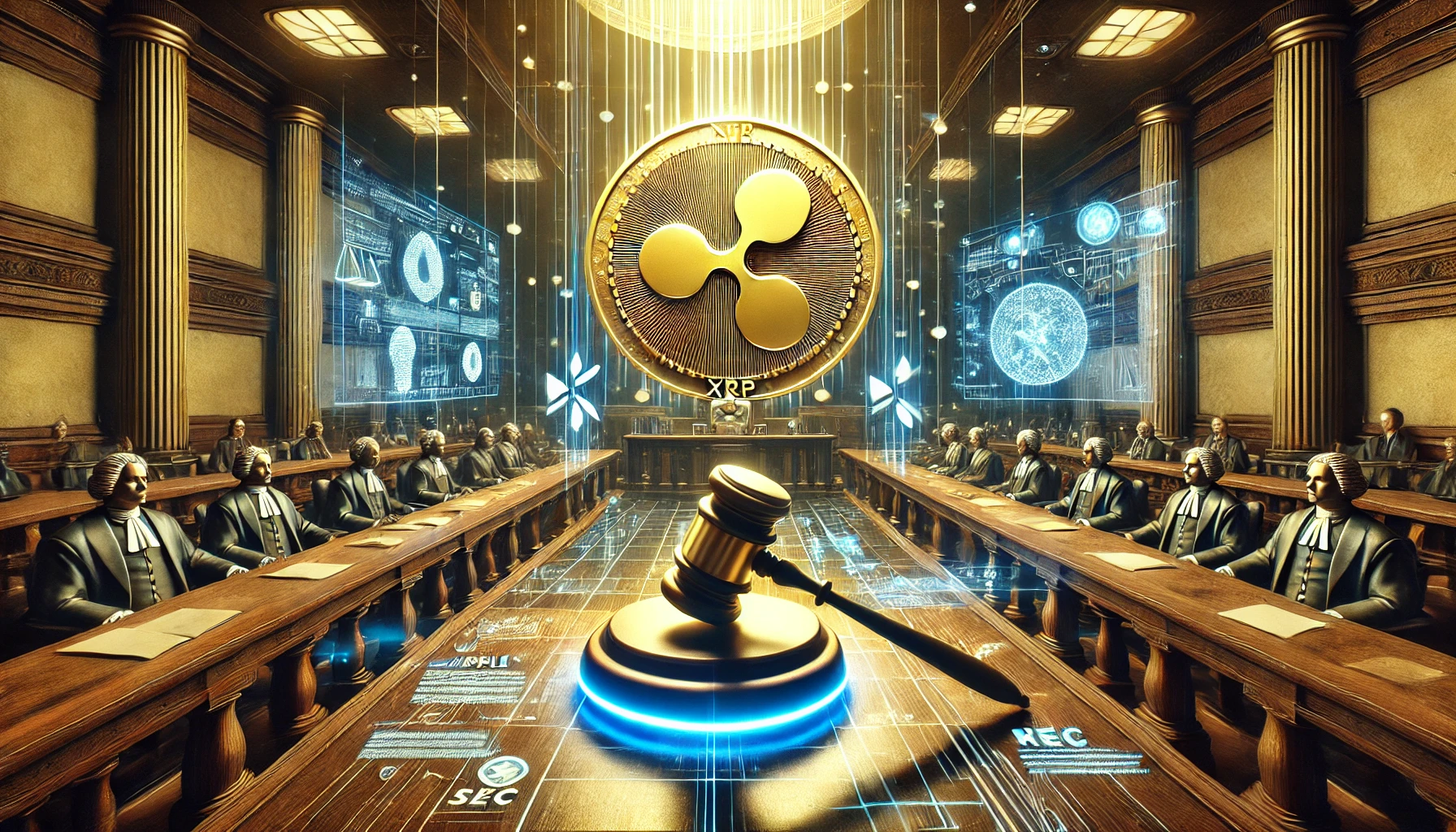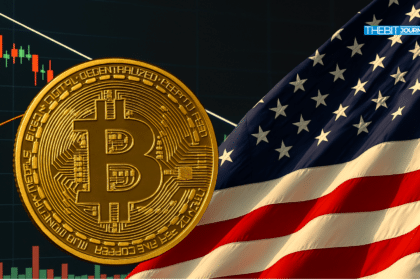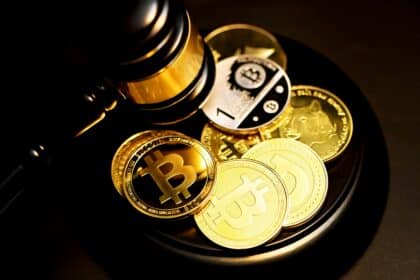In a rather consequential evolution within the protracted lawful confrontation between Ripple Labs and the U.S. Securities and Exchange Commission, the nonprofit Better Markets has submitted an amicus brief backing the SEC’s appeal. This transfer disputes a prior judicial ruling that favored Ripple’s sales of XRP to average investors.
Better Markets Challenges Court’s XRP Ruling
Better Markets, devoted to championing economic system resilience, has taken a strong stand against a district court’s 2023 verdict that exempted Ripple’s sales of XRP to average investors from U.S. securities laws. The organization argues that the court wrongly applied the Howey Test, the settled authorized yardstick used to pinpoint what constitutes security. They contend that XRP sales, irrespective of the venue, meet the criteria to be considered securities.
In their brief, Better Markets highlighted,
“The XRP tokens offered by Ripple Labs, Inc. represent investment contracts and therefore securities whether investors acquired them straight from Ripple or indirectly on secondary trading platforms.”
They also criticized the court’s evaluation of investor sophistication, stating
“The court applied Howey in a manner which could seriously undermine the investor protection aims of securities laws.”
Ripple’s Legal Journey: A Timeline
The SEC initiated legal action against Ripple at the close of 2020, alleging over $1.3 billion had been raised through unregistered XRP transactions. In July of 2023, the district court delivered a mixed verdict, determining Ripple’s XRP deals with institutional investors broke securities laws, yet sales to retail traders on digital asset exchanges did not. This outcome was viewed as a partial victory for Ripple.
However, in the following August, Ripple faced adversity when the judge ruled the company accountable for $125 million, stating it had contravened securities regulations in its fundraising efforts. Dissatisfied with the court’s segregation of institutional and retail sales, the SEC submitted an appeal in October 2024 seeking to overturn the decision favoring Ripple’s retail transactions. The commission believed all XRP sales should be seen under the same legal lens regardless of buyer type.
Leadership Changes and Industry Speculation
The legal battle between the SEC and Ripple has entered a new phase of uncertainty. Gary Gensler, the former SEC Chair known for his tough stance on cryptocurrencies, has been replaced by Mark Uyeda in an interim role. This change in leadership has prompted fresh debates within financial circles regarding potential alterations to the agency’s approach to regulation. Some analysts suggest the SEC may take a slightly more lenient position, perhaps leading to negotiated settlements for pending cases such as the one against Ripple.
Adding another layer of intrigue, reports have surfaced that Brad Garlinghouse, Ripple’s CEO, and Chief Legal Officer Stuart Alderoty met with then-President-elect Donald Trump prior to his inauguration. Although few details about their discussion have been revealed, the timing and participants of this gathering have fueled speculation on Wall Street, and beyond that, an alternative conclusion may be reached in the SEC’s protracted legal showdown with Ripple.
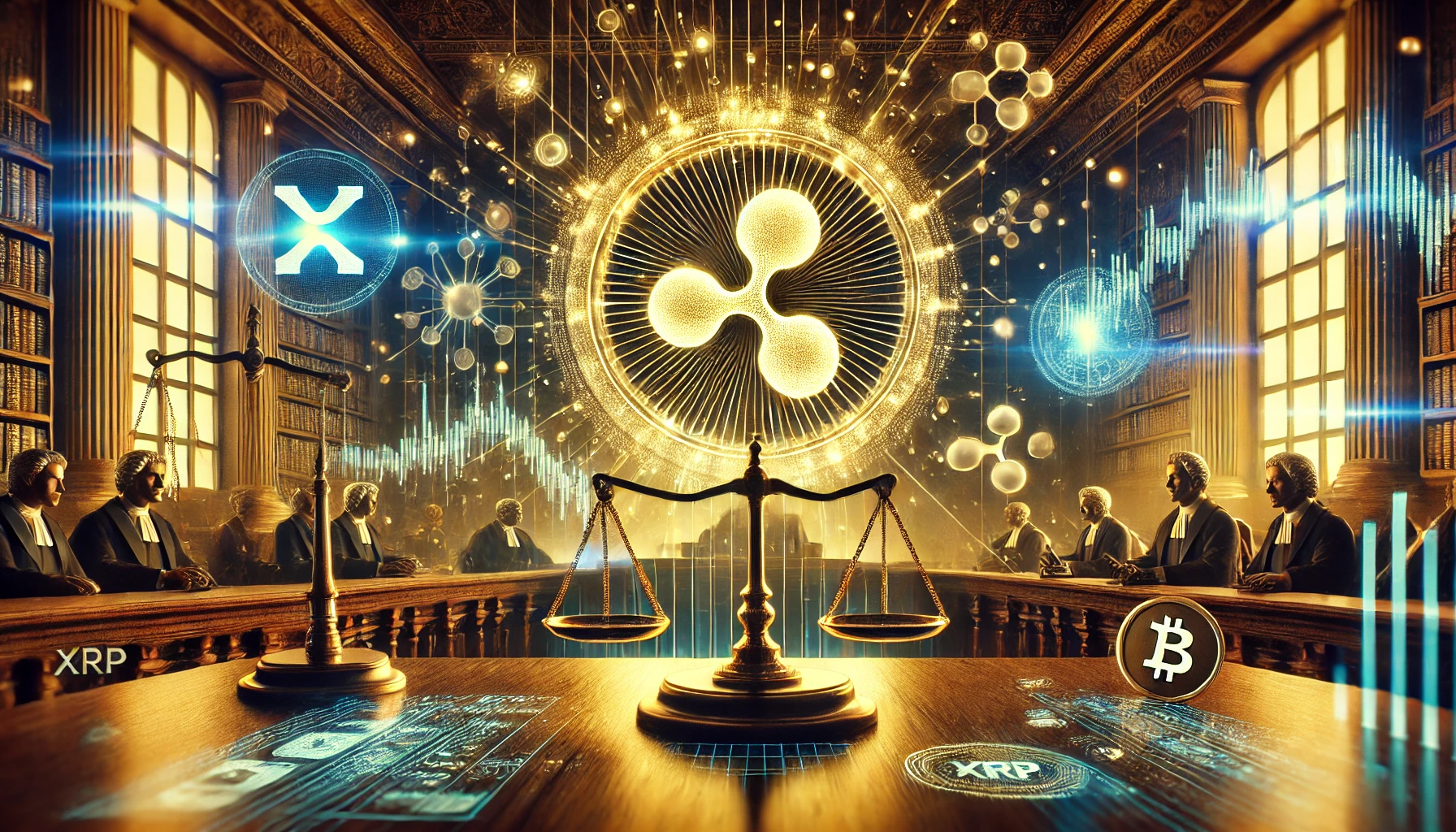
Implications for the Crypto Industry
If affirmed by the appellate court, the outcome of the SEC’s appeal could significantly reshape oversight of the cryptocurrency sector. A reversal of the lower court ruling may expand the SEC’s regulatory footprint to embrace a more comprehensive set of digital asset dealings, thereby subjecting a broader range of crypto transactions to securities law requirements.
Better Markets cautioned that leaving the district court decision intact risks exposing many everyday American investors to the heightened potential for deception and exploitation in the fast-growing and inherently precarious cryptocurrency markets.
“This Court must overturn the lower court’s interpretations on these issues; otherwise, fraud and abuse may proliferate as crypto investments increasingly entice swaths of the public,” declared their spokesperson.
As the legal process continues to unfold, the digital currency community watches with rapt attention, aware that the conclusive rulings could substantially redefine the regulatory landscape governing cryptocurrencies across the United States.
Summing Up
The Ripple versus SEC lawsuit now sits at a defining juncture, as Better Markets’ recent friend-of-the-court brief introduces fresh intricacy. The impending legal conclusions will impact not only Ripple and its XRP token but also set crucial precedents governing cryptocurrency oversight and the digital asset sector’s future in America. Parties across the financial spectrum are attentively observing and comprehending these rulings will shape the industry’s trajectory for years ahead.
Stay tuned to The BIT Journal and keep an eye on Crypto’s updates. Follow us on Twitter and LinkedIn, and join our Telegram channel to be instantly informed about breaking news!
FAQs
1. What is the Ripple vs. SEC case about?
The SEC claims Ripple raised $1.3 billion through unregistered XRP sales, contending that XRP constitutes a security. Ripple denies this, arguing that XRP represents a digital asset.
2. Why did Better Markets file an amicus brief?
Better Markets believes the court’s judgment exempting XRP’s retail transactions from securities laws undermines investor protections and restricts the SEC’s authority over crypto assets.
3. What impact could this case have on cryptocurrency regulation?
Overturning the ruling could broaden the SEC’s supervision of digital currencies, affecting how cryptocurrencies are categorized and traded in America.



